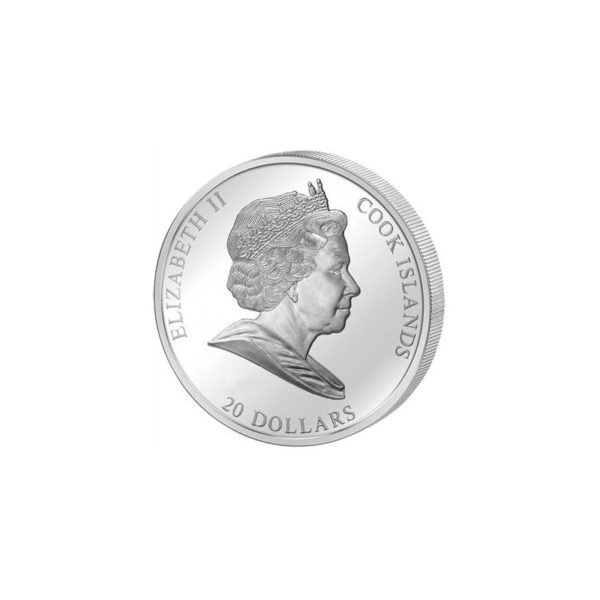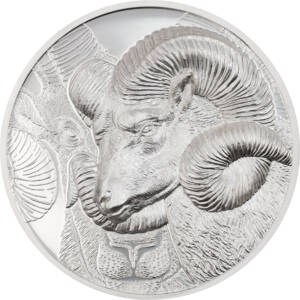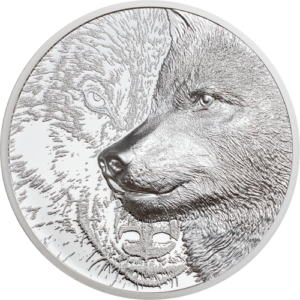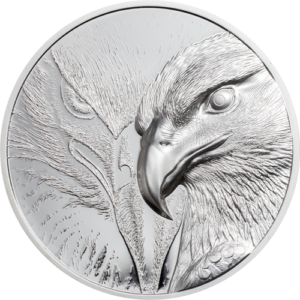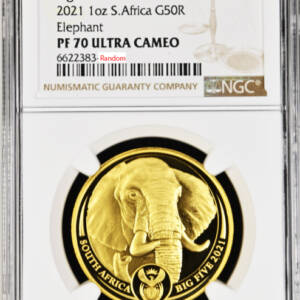This coin is a continuation beautiful series of the Masterpieces of Art.
A numismatic masterpiece, made of 3 oz / 93,3 grams of pure silver 999 with authentic swarovski crystals inlaid in this 55 mm coin, issued by Cook Islands.
- Contains 3 oz / 93,3 grams of .999 fine Silver.
- Coin embellished with 16 Swarovski crystals
- Coin comes in a beautiful black box with a COA.
- Strict limited mintage of only 1911 coins.
- Obverse: Effigy of Queen Elizabeth II, “Cook Islands”, and the legal tender value of 20 Dollars.
- Reverse: A very high quality rendition of The Blue Horse – Franz Marc
.
History:
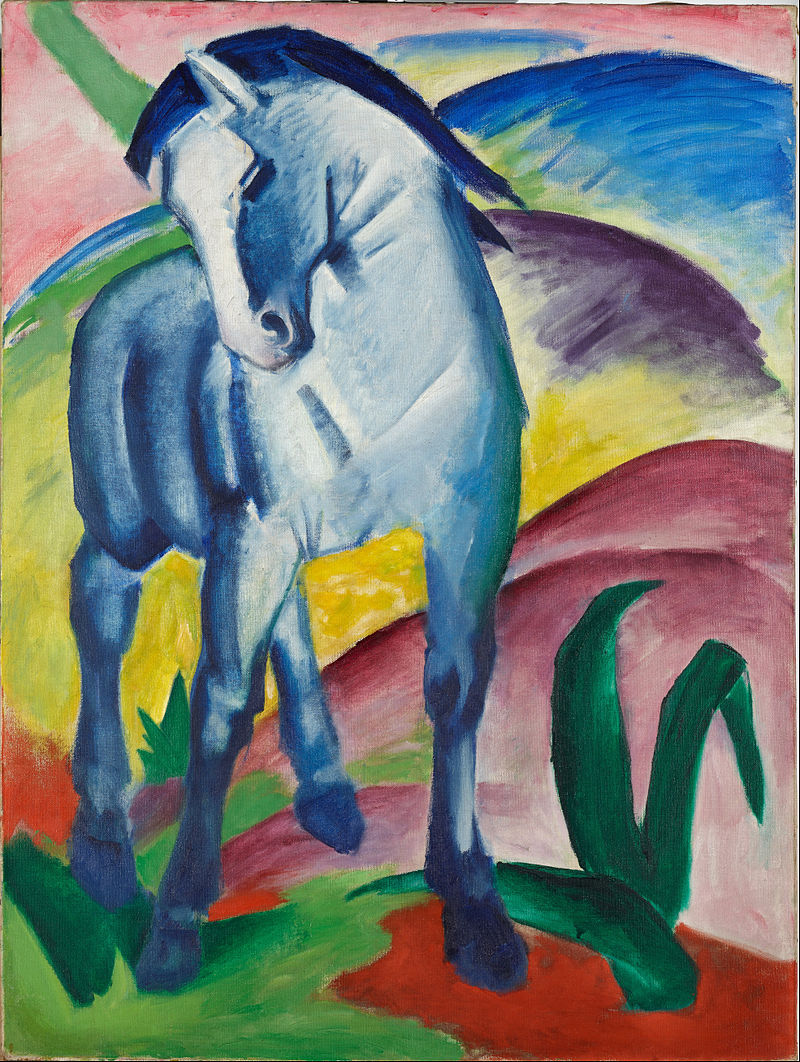
Blue Horse – Franz Marc
Year 1911
Transfigured by the excitement of new beginnings, the haunting symbolic power of Blue Horse I has made it one of most famous pictures of Franz Marc and of the Blue Rider group in general. Standing erect and awkwardly angular, a blue foal full of youthful vigour presents itself to the viewer, its head titled to one side, as if musing. While white shines out of the slightly broken forms of its body, the darkest of navy blues deepens in its hooves and mane. The whole picture is dominated by a field of complementary contrasts, of vermillion red and green below, moving through crimson and yellow to violet, blue and orange in the upper zone. It thus makes Marc’s theory of colour vividly clear in an extraordinarily pure fashion – a theory that was essential to many of his works and which he explained to August Macke in a letter from December 1910: “Blue is the masculine principle, astringent and spiritual. Yellow the female principle, gentle, gay and sensuous. Red is matter, brutal and heavy and always the colour that the other two must oppose and overcome!”
This clearly states the role of the colour blue as a symbol of the spiritual, of the victory over the material world. In Blue Horse I, Marc advances from the natural “apparent colour” to the “essential colour” (Klaus Lankheit). The depicted form combines the nobility that man has always admired in the horse with the striving for spiritual things, thus corresponding to the programme to which Kandinsky too committed himself with the symbolic figure of the “Blue Rider”, which he created for the cover of the famous almanac. Yet not only its “spiritual” colour, but also it form raises the Blue Horse into the sphere of the impassioned and expressive. Poising its sunken head, the animal gives the impression of a sensitive and feeling being. Marc highlights many of his depictions of animals with postures and compositional methods characteristic of traditional figurative art – for instance, the brooding figures sunk in thought and seen from the rear in the paintings of Caspar David Friedrich – and thereby endows the animals with human features. This spiritual presence was given its most complex and compelling form in Marc’s famous picture The Tower of the Blue Horses (Der Turm der Blauen Pferde), which has been missing since the end of the Second World War.





